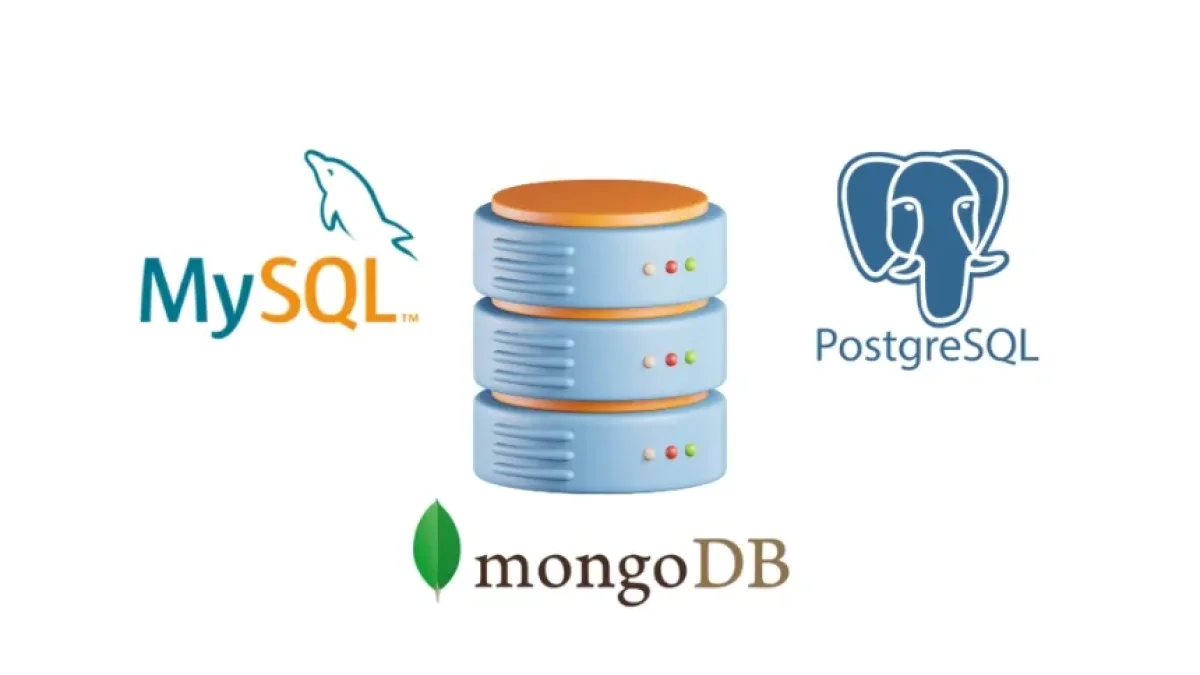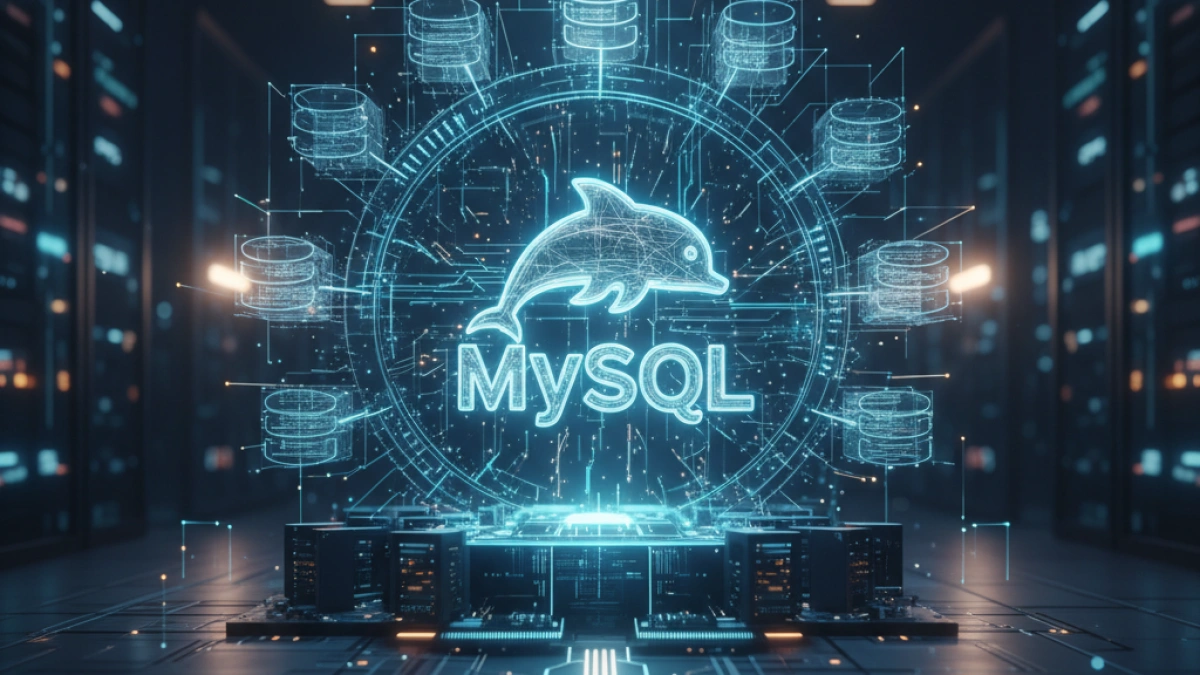Database Comparison for Web Developers MySQL, PostgreSQL, MongoDB, and Firebase


In the world of web development, choosing the right database is crucial for the performance, scalability, and functionality of an application. This article focuses on four of the most popular databases: MySQL, PostgreSQL, MongoDB, and Firebase. We will analyze their features, advantages, and disadvantages to facilitate developers' decisions.
Introduction
Choosing a database is a decision that significantly impacts the development of an application. There are different types of databases, each with its own features and areas of application. In this article, we will address the four databases that have proven to be popular among web developers: MySQL, PostgreSQL, MongoDB, and Firebase.
MySQL
Features
MySQL is a relational database management system (RDBMS) based on the table data model. It is widely used in web applications and content management platforms such as WordPress.
Read also
Advantages
- Ease of Use: MySQL is very developer-friendly and has extensive documentation and support community.
- Performance: Its ability to handle large volumes of data makes it a popular choice for many applications.
- Integration: MySQL easily integrates with programming languages such as PHP, Java, and Python.
Disadvantages
- Scalability: As data grows, MySQL may encounter performance limitations.
- Flexibility: The structured nature of MySQL can make it less flexible compared to NoSQL databases.
PostgreSQL
Features
PostgreSQL is another relational database known for being highly extensible and compliance with SQL standards.
Advantages
- Extensibility: Allows the creation of custom data types, functions, and stored procedures.
- Support for Unstructured Data: PostgreSQL offers support for JSON, enabling flexible data handling.
- ACID Transactions: Ensures data integrity and reliability in critical environments.
Disadvantages
- Learning Curve: For new developers, PostgreSQL can be more complex to learn than MySQL.
- Configuration and Maintenance: Requires more attention in setup and maintenance compared to other databases.
MongoDB
Features
MongoDB is a NoSQL database that uses a document model. Unlike MySQL and PostgreSQL, it does not store data in tables.
Advantages
- Flexibility: Allows data to be stored in a document format that can vary from record to record.
- Horizontal Scalability: MongoDB facilitates adding more servers to handle larger data volumes.
- High Performance: Especially in reading and writing large volumes of data.
Disadvantages
- Consistency: As a NoSQL database, it may face data consistency issues if not handled properly.
- Data Analysis: May not be the best choice for performing complex analyses that require data joins.
Firebase
Features
Firebase is an application development platform that offers a real-time database. Its model is NoSQL and is especially designed for mobile and web applications.
Advantages
- Real-Time Synchronization: Allows data to synchronize in real time between the client and server.
- Ease of Integration: Integrates well with other Google services and is easy for developers working on mobile applications.
- Scalability and Security: Provides a secure and scalable environment for high-demand applications.
Disadvantages
- NoSQL Model: May not be suitable for applications that require a relational data structure.
- Dependence on Google: As a managed service by Google, there is a risk associated with its availability and policy changes.
Conclusions
The choice of the right database will largely depend on the specific needs of your project. Here’s a summary of the discussed databases:
- MySQL: Ideal for applications with a solid structure, perfect for small to medium projects.
- PostgreSQL: Better for applications that require complex transactions and high data integrity.
- MongoDB: Ideal for applications that need flexibility and scalability, especially in managing unstructured data.
- Firebase: The best choice for applications requiring real-time synchronization and easy integration with other Google tools.
Choosing the right database can be the first step toward the success of your web project. Evaluate your requirements, consider the advantages and disadvantages of each option, and make an informed decision.

















